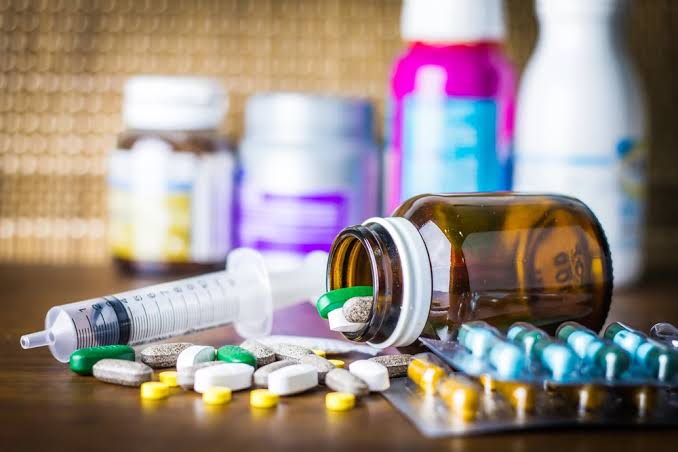By Simon Mwangi,
NAIROBI,Kenya, July 20 – Drug abuse is inadvertently viewed as abusing those substances that are either outlawed or those, like alcohol, that have visible and immediate effects on users. Truth is that prescription drugs are also among those that are heavily abused yet their addiction is rarely talked about.
Prescription drug abuse is the use of a prescription medication in a way not intended by the prescribing doctor.
Prescription drug abuse or problematic use includes everything from taking a friend’s prescription painkiller for your backache to snorting or injecting ground-up pills to get high.
Interestingly, this trend is slowly creeping into the country and it is beginning to raise alarm as it is widespread. An assessment of emerging trends of drugs and substance abuse in Kenya was commissioned by NACADA in collaboration with the Ministry of Interior and Coordination of National Government, Pharmacy and Poisons Board and the Government Chemist in the last six months of 2020.
18 counties were sampled during the exercise and it was noted that prescription drugs like Diazepam were among the most abused in the country.
Globally, since the early 1990s, doctors have been prescribing many more opioid painkillers such as codeine, hydrocodone, morphine and oxycodone.
The medication is known to be effective as anesthetics and its prescription by doctors is mainly attributed to an ageing population that develops complications requiring such treatment. Moreover, from stressed out students cramming for exams, to ambitious professionals looking for an edge and recovering soldiers returning from battle, prescription medication has become the ultimate quick fix.
Most addictive prescription medication can be separated into three general categories: Opioids, central nervous system (CNS) depressants and stimulants. It’s possible but not common to become addicted to opioids when you use them for a short time or under a doctor’s close watch.
But when you take them for a long time, they can lead to drug abuse, dependence, and addiction. Opioid overdose can also be life-threatening. If you take them with medications that work on your central nervous system, including alcohol or valium, you have a higher chance of breathing problems or even death.
Millions of people in the United States use CNS depressants to treat anxiety and sleep disorders, including insomnia. They affect a chemical in your brain which lowers brain activity, making you drowsy or calm. Taking CNS depressants for a few days or weeks may help you feel calm and sleepy.
But after a while, you may need larger doses to get the same feeling. Using them with alcohol can cause slow heartbeat, slow breathing, and death. If you take CNS depressants for a long time and stop suddenly, you might have life-threatening problems such as withdrawal seizures.
Stimulants mimic and increase the chemical structure of specific brain neurotransmitters and allows messages to be sent to each other. Using them improves attention, focus, alertness, and energy. When abused, stimulants can cause anxiety, high blood pressure, and in some cases, heart attack.
The most abused are amphetamines and methylphenidates. They raise your heart rate, blood sugar, and blood pressure. They also narrow your blood vessels and open your airways. Doctors started using stimulants to treat asthma and obesity. Today, they prescribe them for conditions such as ADHD, ADD, depression, and narcolepsy.
Some experts think that more people are abusing prescription medications because there are more drugs available. Also, it’s easy to find online pharmacies selling these drugs.
Teenagers may easily take medication from their parents’ medicine cabinets for themselves or their friends to use. Most young people have no idea what medications they’re taking and which ones may cause serious problems, even death, if used with other drugs or alcohol. They might also believe that the medicines are safe because they’re prescription.
Simon Mwangi is the NACADA Manager, Corporate Communications.
Want to send us a story? Contact Shahidi News Tel: +254115512797 (Mobile & WhatsApp)


